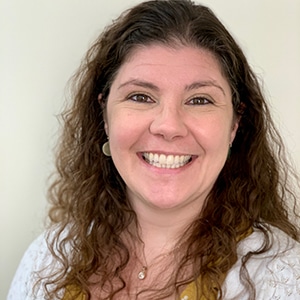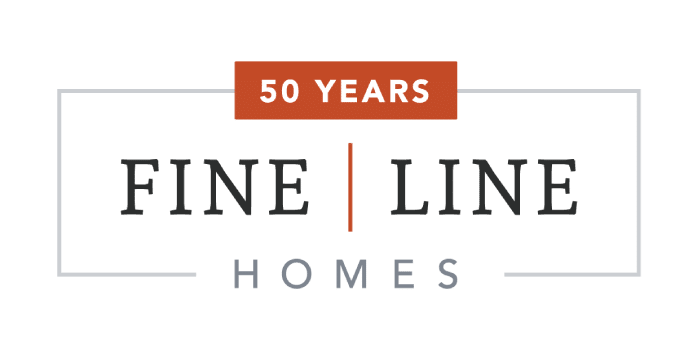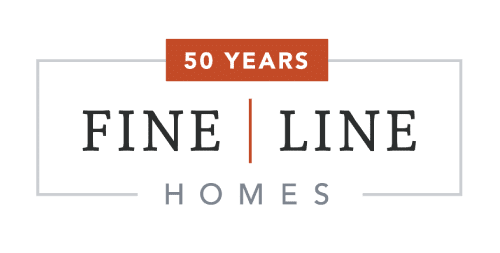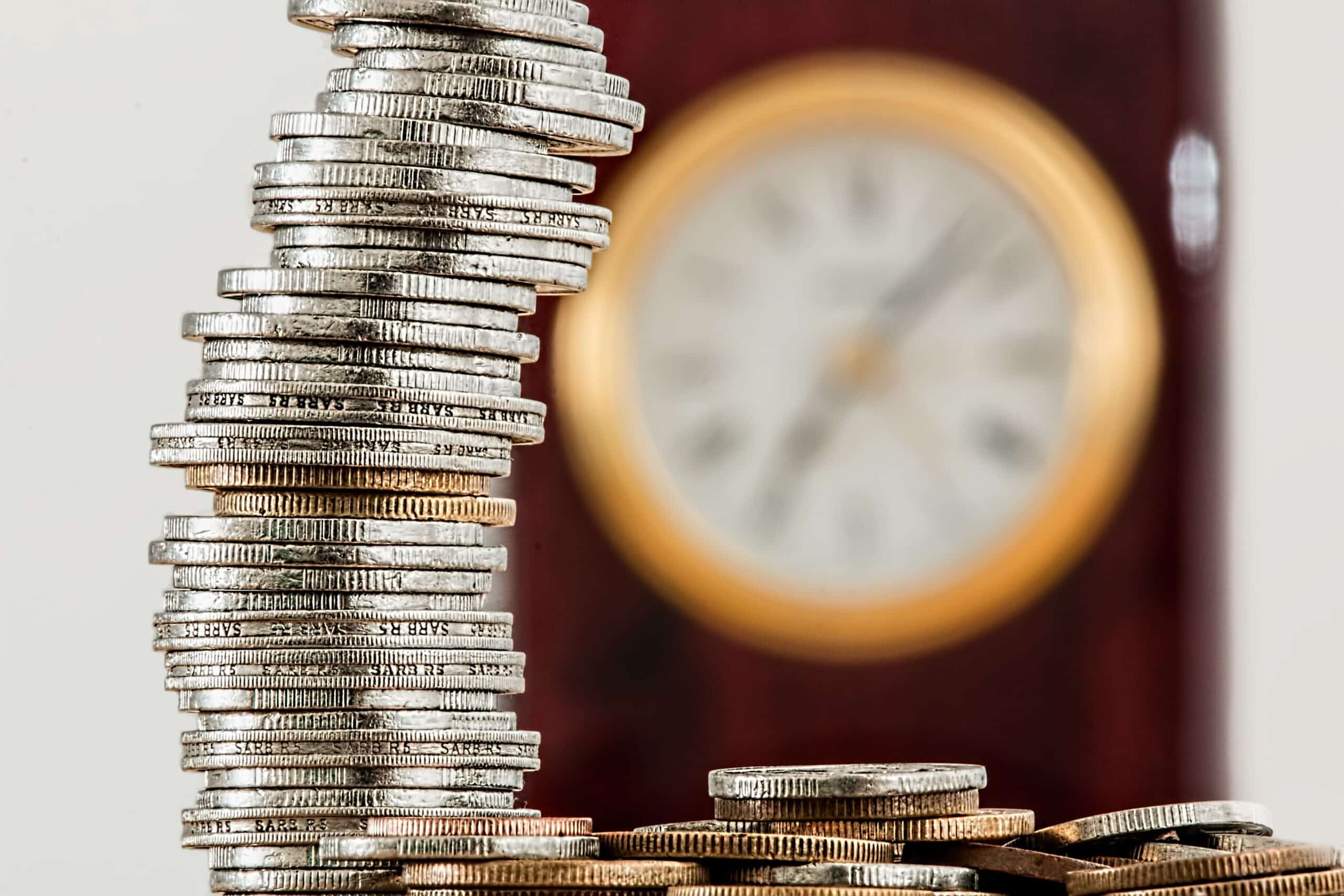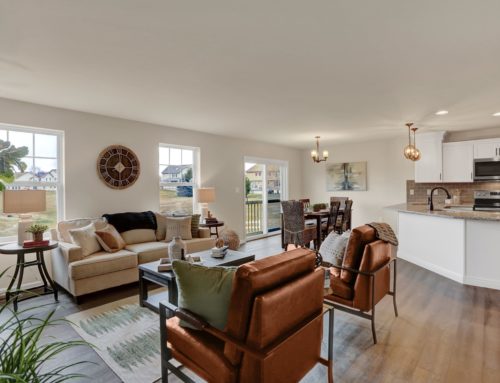When it comes to mortgages, there is a lot at stake. Especially for first-time homebuyers. Picking the wrong one can cost you thousands of dollars in interest payments, and negatively impact your financial future.
From mortgage type to closing costs, there are a lot of factors to consider when searching for the best mortgage rate. In this article, we’re covering the ins-and-outs of finding the best mortgage, so you can rest easy knowing you made the right decision.
Tips on How to Find the Best Mortgage Rate
Unfamiliar with the types of home loans, or what you should even be looking for in a mortgage rate? Here are some tips and best practices that will help you pick the best one and get your dream home.
Consider Mortgage Types
There are two main types of mortgages you should know: fixed and adjustable rate. Fixed-rate mortgages lock you into a steady interest rate that you pay over the lifetime of the loan. Your interest rate remains the same throughout the life of the loan, but costs like property taxes and insurance can fluctuate.
With adjustable rate mortgages, the interest rate fluctuates over time. The interest rate is usually steady for a set period of time and then begins to fluctuate based on a pre-established interest rate.
Many first-time homebuyers go with adjustable rate mortgages because they usually offer lower introductory rates. But it can fluctuate wildly, so that’s important to keep in mind. Before you pick your mortgage type, calculate what your payment could be, and what you can realistically afford.
Strive to Have a High Credit Score
Your FICO credit score greatly impacts the mortgage options available to you. It helps determine whether you qualify for a loan and the kind of interest rate you’d be offered. The higher your credit score, the better interest rate you’ll get.
According to FICO, people with credit scores of 760 or higher will be eligible for the best mortgages. In general, you should have at least a 620 score. You can qualify for a mortgage with a lower rate, but you’ll have to put down a minimum payment of at least 10%.
Have a low credit score? Start to monitor it and make improvements where you can. Pay off loans, or past-due collection accounts, and take small steps to improve your credit score and avoid unnecessary costs.
Prepare for Your Down Payment
To get the best interest rate, you’ll need a minimum down payment of 20% for your home. Mortgages costs are adjusted based on risk factors, so smaller down payments will result in higher interest rates. You should also know that if you put down a smaller down payment, you’ll most likely have to pay for private mortgage insurance.
See if You’re Eligible for Any Special Programs
Did you know there are programs that make buying a home less costly? So, before you choose a mortgage option, you should check out available programs.
If you’re active in the military or a veteran, you may qualify for a VA loan. This loan protects you if you fall behind on your mortgage and offers lower or no down payments.
FHA loans are also available to most U.S. residents, and also have very low-down payment rates.
There are also special programs designed for first-time homebuyers. These programs differ by state, so check out the Department of Housing and Urban Development (HUD) for more information!
Final Thoughts on Mortgage Rates
Finding the right mortgage rate can be tricky, but it’s not impossible! By following the tips in this article, you can find the best mortgage rate for you!
Did you find the information in this article helpful? Need more home advice and inspiration? Check out our blog for more insights!
